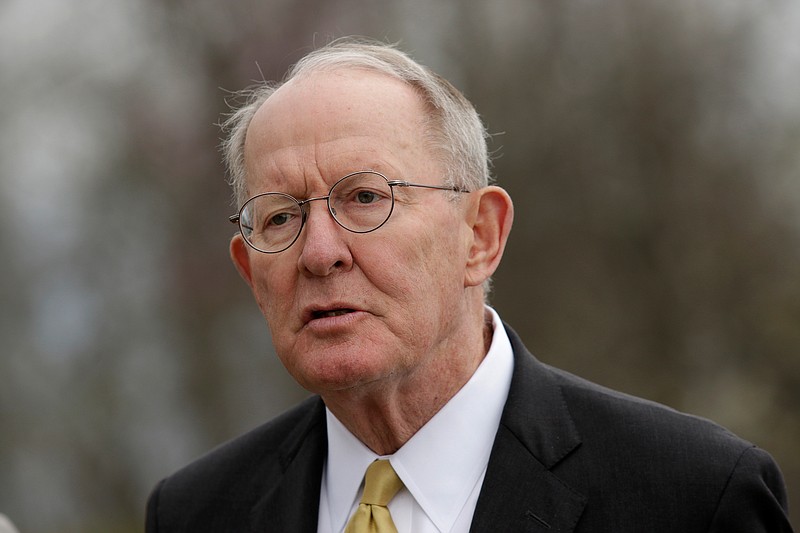Medical providers in the United States face a long list of administrative tasks, from filing insurance claims and billing patients to navigating computer systems.
U.S. Sen. Lamar Alexander, R-Tenn., chairman of the senate health committee, said during a hearing Tuesday that this burden translates to "more time spent on paperwork, less time actually treating patients and an increase to the cost of health care."
In June, the health committee launched a series of bipartisan hearings to better understand and hopefully reduce the country's ever-rising health care costs. Tuesday's hearing focused on how administrative duties, such as complying with privacy laws, credentialing nurses to participate in Medicare, or simply hanging signs in medical offices, translate to higher costs for everyone.
"According to Dr. Ashish Jha, a witness at our first hearing, administrative costs accounted for 8 percent of all health care spending in the U.S., roughly, that is $264 billion compared to only 1 percent to 3 percent for other countries," Alexander said.
While these administrative tasks come from several different sources, including insurance companies and state governments, Alexander said federal regulations are also to blame. For example, the U.S. government has spent $38 billion since 2011 requiring - and providing payments to help - doctors and hospitals install electronic health records systems.
"There was a lot of excitement over electronic health records in Washington - many said these records systems would make it easier for doctors and patients," he said. "Unfortunately, electronic health records systems have ended up being something physicians too often dread, rather than a tool that's useful. This is just one example of how well-intentioned ideas from Washington can turn out to add to the administrative burdens doctors face."
Electronic medical records were also a concern for Sen. Johnny Isakson, R-Ga., who said physicians and hospitals that use incompatible software have to "unscramble the egg all over again" when patients move between health systems.
"All the great simplification that technology brings to information gets complicated when you have two different sets of systems operating that stuff and they have to talk to each other," Isakson said.
The common health insurance requirement that providers obtain approval before signing off on prescriptions or medical procedures was brought up throughout the hearing. Although insurers say this "prior authorization" helps lower costs, Sen. Lisa Murkowski, R-Alaska, said the practice is "something that everyone is complaining about."
"We've effectively started a second business here with just dealing with the insurance companies," Murkowski said.
Expert witness David Cutler, as economics professor at Harvard University, recommended congress take action to simplify insurance coding, standardize preauthorization requirements and integrate health records in order to address these issues.
In her remarks, Sen. Elizabeth Warren, D-Mass., broke from the bipartisan spirit of the hearing and seized an opportunity to advocate for a universal health care solution.
"[Federal] programs are about providing health care, not raking in money for profits or handing out dividends to shareholders," she said. "I think that's why it's time to crack down on the shady practices that insurance companies use to juice their profits at the expense of families that are struggling to get by, and I think it's time to ramp up the fight of Medicare for all."
Contact staff writer Elizabeth Fite at efite@timesfreepress.com or 423-757-6673.
